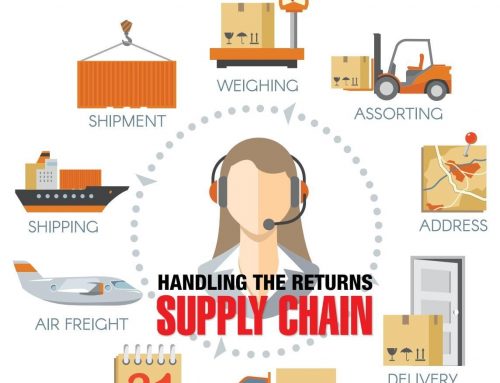Project Description
Why attend
The theory of constraints (TOC) is a systems-management philosophy developed by Eliyahu M. Goldratt in the early 1980s. The fundamental thesis of TOC is that constraints establish the limits of performance for any system. Most organizations contain only a few core constraints. TOC advocates suggest that managers should focus on effectively managing the capacity and capability of these constraints if they are to improve the performance of their organization. TOC challenges managers to rethink some of their fundamental assumptions about how to achieve the goals of their organizations, about what they consider productive actions, and about the real purpose of cost management. Emphasizing the need to maximize the throughput—revenues earned through sales—TOC focuses on understanding and managing the constraints that stand between an organization and the attainment of its goals. Once the constraints are identified, TOC subordinates all the non-constraining resources of the organization to the needs of its core constraints. The result is optimization of the total system of resources
Course Objectives
By the end of the course, participants will be able to:
- Learning the fundamental Theory of Constraints principles
- Understanding how TOC is applied to various situations including operations, inventory management, strategic planning, supply chain management, project management and finance
- Understanding the nature of constraints and their effect to organization’s success
- Gaining practical knowledge of the various tools techniques involved in TOC
- Exploring the relation of TOC to Lean Manufacturing
Who should attend
This course is ideal for members of an organization who are or may be involved in a continuous improvement process. Apart from that, this course is suitable for company staff who wish a fast way to identify operational constraints and resolve them in a beneficial way. Alternatively, the course would suit anyone within the company who wishes to view its operations in a different but unique manner along with exploring the financial impact of decisions.
Course Outline
- “The Goal” by Eliyahu GoldrattPresentation of the novel – Examples from reality
Introduction to the Theory of Constraints
Core Concept – The Five Focusing Steps –
The Thinking Process – Throughput Accounting
Constraints
The Nature of Constraints – Constraints categorization – Use of the Five Focusing Steps (Identification – Exploitation – Synchronization – Elevation – Repetition) – The Drum-Buffer-Rope tool
Thinking Process
Introduction and Definitions – Thinking Process Tools
Throughput Accounting
What is Throughput Accounting – Differences to conventional accounting – Components and Costing methods
TOC vs. Lean Manufacturing
Similarities & Differences – Integration of Lean Manufacturing to Theory of Constraints – Application of Lean Techniques to the Five Focusing Steps process
Change Management Decisions
Leading People through the Change
TOC Success Cases Examples
The workshop
This interactive training course includes the following training methodologies as presented on the next column based on percentage of the total tuition hours:
Lectures
Workshops & Work presentation
Case Studies & Practical Exercises
Videos, Sofware & General Discussion
The course instructor may modify the above training methodology before or during the course for technical reasons with no prior notice to participants.
Falcon Consulting Professionals is established in Greece for the last 15 years in the areas of technical consulting and professional training for the local industries. Falcon is expanding in GCC, aiming to provide the best consulting and training solutions to the industries of the region. Falcon’s instructors are accredited trainers and highly experienced in their fields, as well as adult training. We aspire to build our business relationships on mutual trust. The achievement of results with an emphasis on innovation and sustainability, quality, cost analysis and time scheduling are non-negotiable from the conceptual phase of the training.









